Among the many impactful projects I worked on, collaborating with the Kuruwitu Women's Group (KWG) stands out as the most meaningful. Our joint initiative, "Trash for Cash," involved collecting plastic from the beach, sorting it, and selling it for profit. This endeavor not only contributed to the protection of the marine environment but also created economic opportunities for the women in the community. Through beach clean-ups and transforming plastic waste into valuable commodities, these women were able to earn sustainable incomes, support their families, and even start their own businesses. The skills and experiences gained from this project will undoubtedly guide my future community engagements, especially those related to women empowerment.
During my internship, I witnessed significant growth in both my hard and soft skills. Communication played a vital role, as I engaged with the women in various ways to improve their livelihoods while effectively relaying information to both them and the organization. This experience established me as a go-to person on the project, honing my communication skills even further. Problem-solving became a prominent skill as I confronted daily challenges and explored new ways to help the women generate income and improve their livelihoods. By leveraging locally available resources, I transformed projects and introduced the profitable "Trash for Cash" initiative. Adaptability and teamwork were crucial aspects of my internship, allowing me to collaborate effectively with the Oceans Alive team and my fellow interns. Our combined thoughts and ideas significantly enhanced the organization's projects.
One of the significant challenges I encountered was a miscommunication regarding the deliverables of a project I was working on. I failed to take pictures and send them to my supervisor, which led her to question my dedication to the project. Consequently, she reported the issue to the school, placing me in a difficult situation. This experience taught me the importance of having tangible evidence of my work and the need to provide written reports along with photo documentation. Moving forward, I have made a vow to always capture photos of my community engagements and share them promptly with my supervisor.
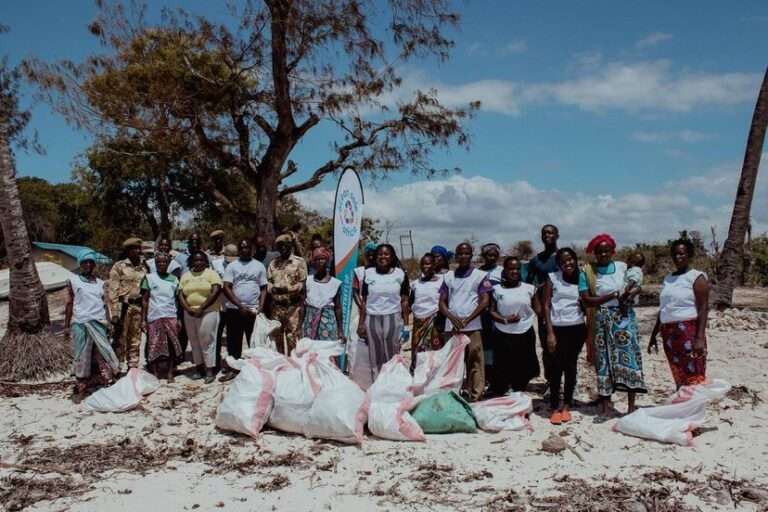
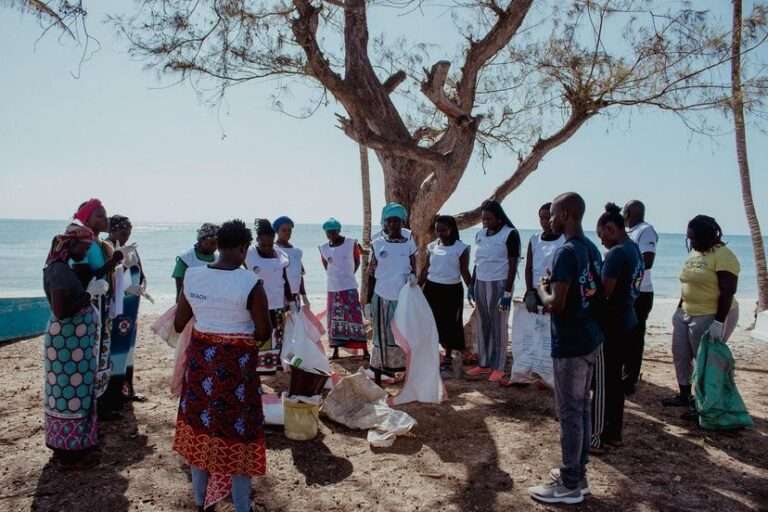
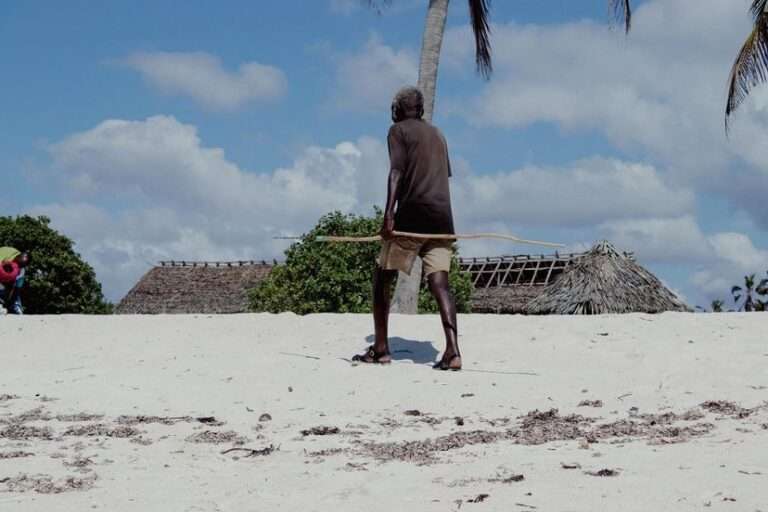
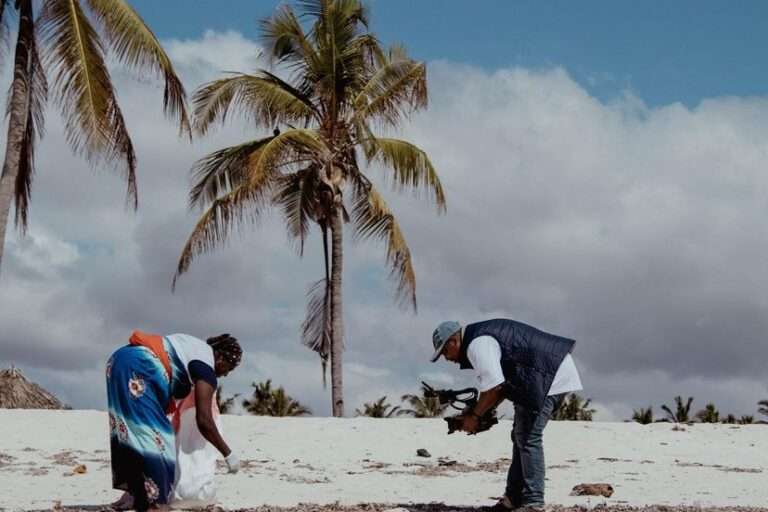
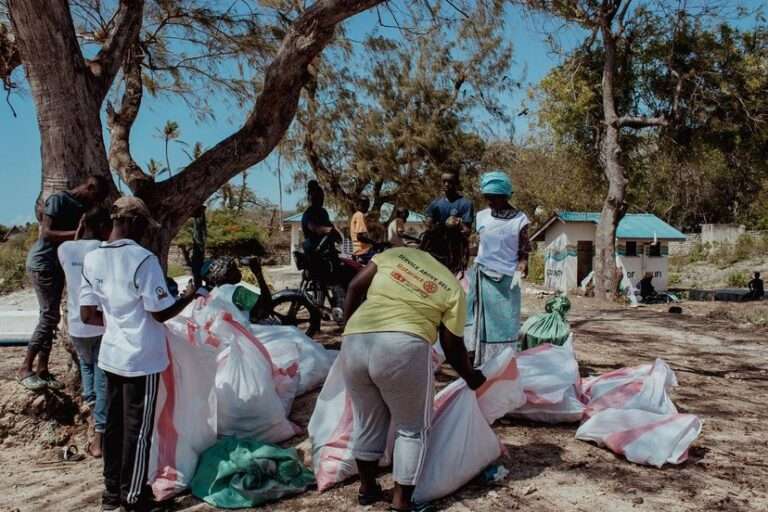
My interaction with the community in Kuruwitu was truly enriching. I had the opportunity to work with local women, children, and even fishermen. Kuruwitu, a small coastal village in Kilifi County, Kenya, is primarily inhabited by the Giriama ethnic group. The community has its own unique cultural practices, values, and way of life. Fishing is their primary livelihood, but they have also embraced permaculture as an alternative source of food, reducing their dependency on fish. The vibrant local culture involves music, dance, and traditional instruments like drums and flutes. Additionally, the community actively engages in beach clean-ups to protect the marine ecosystem.
My internship at the marine hub provided me with valuable hands-on experience in environmental conservation work. This experience has equipped me with the skills and knowledge necessary to pursue a career in this field. Working closely with Oceans Alive has allowed me to develop innovative solutions to the challenges facing marine ecosystems. The problem-solving skills I acquired and the exposure to different conservation approaches will undoubtedly contribute to my future endeavors in environmental conservation.
Looking back, one aspect I would change is setting clear goals for my internship. Prior to starting, identifying what I hoped to learn, achieve, and contribute would have allowed me to focus my efforts and make the most of my time. My advice to future interns at the marine hub would be to thoroughly research the organization before starting, familiarize yourself with its mission, values, and work. Approaching the internship with an open mind is crucial, as it is an opportunity for learning and growth. Building relationships with colleagues and professionals in the field can lead to new opportunities and valuable connections. Lastly, staying engaged throughout the internship, being present, asking questions, and seeking out new learning opportunities will maximize the experience and set the foundation for future success.
During my internship, I developed a significant bond with my mentor, Mercy Mbogho, the general manager of Oceans Alive. She played a vital role in guiding me through the "Trash for Cash" project, providing feedback on my weekly tasks and reviewing my progress after community interactions. Additionally, my supervisor Tilda consistently challenged me by entrusting me with new ideas and tasks, recognizing my potential. Their guidance and support were instrumental in shaping my internship experience and fostering my personal and professional growth.
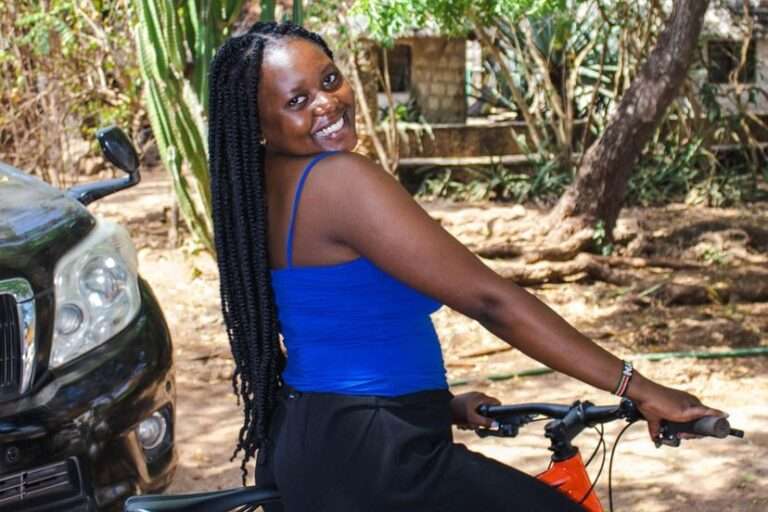
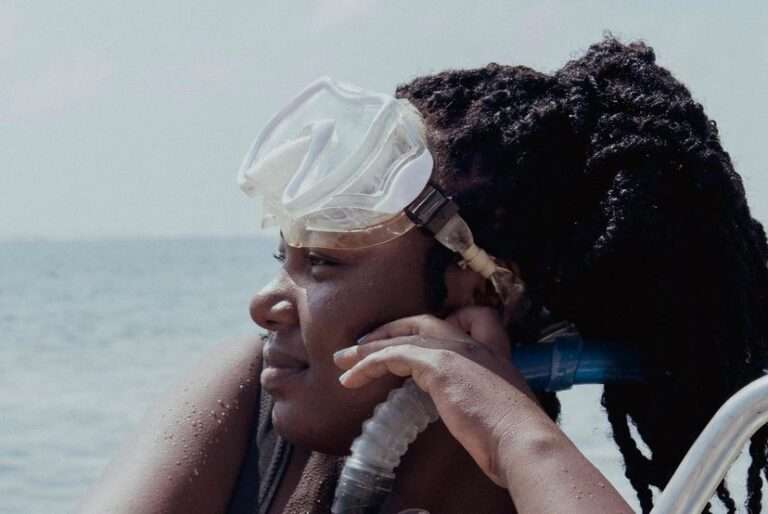

The ALU School of Wildlife Conservation is the first of its kind on the continent, dedicated to growing the next generation of world class conservation leaders in Africa.
The continent needs home grown African leaders to spearhead new and innovative approaches in the business of conservation.
Bumbogo, Kigali Innovation City, Next to Azam, Kigali, Rwanda
Phone: +250 784 650 219
sowc@alueducation.com